
Sid Perkins
Freelance Writer
Sid is a freelance science journalist. He lives in Crossville, Tenn., with his wife, two dogs and three cats. He specializes in earth sciences and paleontology but often tackles topics such as astronomy, planetary science, materials science and engineering.
In 2009, Sid won the Award for Distinguished Science Journalism in the Atmospheric and Related Sciences from the American Meteorological Society. And in 2002, he shared the American Astronomical Society’s Solar Physics Division’s Award for Popular Writing on Solar Physics. Sid’s writing also appears in Science, Nature, Scientific American, the Proceedings of the National Academy of Sciences and Science News.

All Stories by Sid Perkins
-
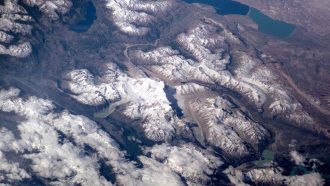 Climate
ClimateClimate may have sent drift of the North Pole toward Greenland
This mid-1990s shift in the pole’s movement was driven by glacial melt. And that was triggered in part by climate change, a new study reports.
-
 Animals
AnimalsThe secret to T. rex‘s incredible biting force is at last revealed
The force of a T. rex bite was roughly 6 metric tons. A new study points to what’s behind that mighty force.
-
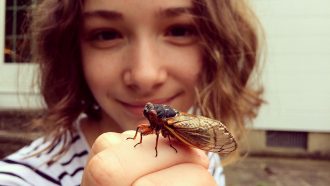 Animals
AnimalsExplainer: What are cicadas?
There are more than 3,000 species of cicadas, but the best known in North America are periodical cicadas, which emerge every 13 or 17 years.
-
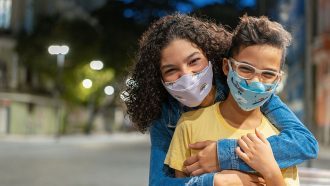 Materials Science
Materials ScienceCopper ‘foam’ could be used as filters for COVID-19 masks
The lightweight new material could serve as a washable and recyclable, eco-friendly alternative for many current mask filters.
-
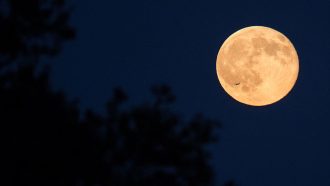 Planets
PlanetsScientists discover likely source of the moon’s faint yellow tail
These sodium atoms are part of the debris kicked up from the moon’s surface, mostly by micrometeorites, two new studies conclude.
-
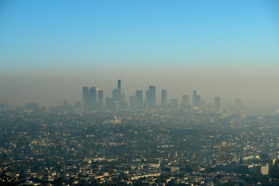 Environment
EnvironmentCOVID-19 cut pollution in 2020, warming the atmosphere
Pandemic-related lockdowns briefly warmed the planet. The reason: The cleaner air carried fewer planet-cooling aerosols.
-
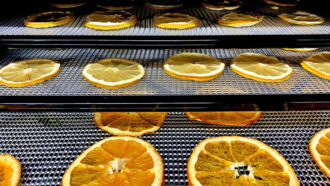 Tech
TechNew ‘ionic wind’ can dry foods while preserving nutrients
Researchers have come up with a way to increase the energy efficiency of a drying technique, possibly making it ready for prime time.
-
 Physics
PhysicsWhat did you say? Fabric masks can really muffle voices
Some types of face masks muffle speech more than others — something that teachers should take into account.
-
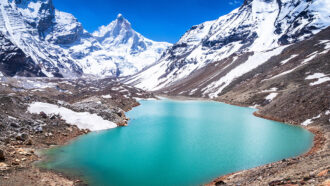 Environment
EnvironmentSurprising long-haul dust and tar are melting high glaciers
Dust and tar blown onto high mountains, like the Himalayas, boost the melting of snow and ice far more than scientists had realized. Here’s why.
-
 Tech
Tech‘Frozen smoke’ could protect electronics from annoying static
A fluffy material made from cellulose nanofibers and silver nanowires can protect electronic devices by blocking more than 99.99 percent of disrupting interference, a new study reveals.
-
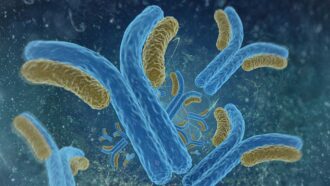 Health & Medicine
Health & MedicineA glowing new way to measure antibodies
Researchers invent a way to detect and measure antibodies with glowing proteins. Antibodies can mark exposure to various diseases.
-
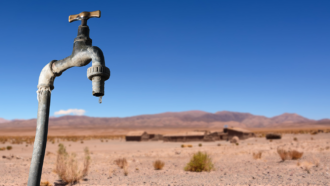 Tech
TechHere’s one way to harvest water right out of the air
Need water but you have no access to rain, lakes or groundwater? Materials known as metal-organic frameworks could be used to slurp that water from the air, new data show.